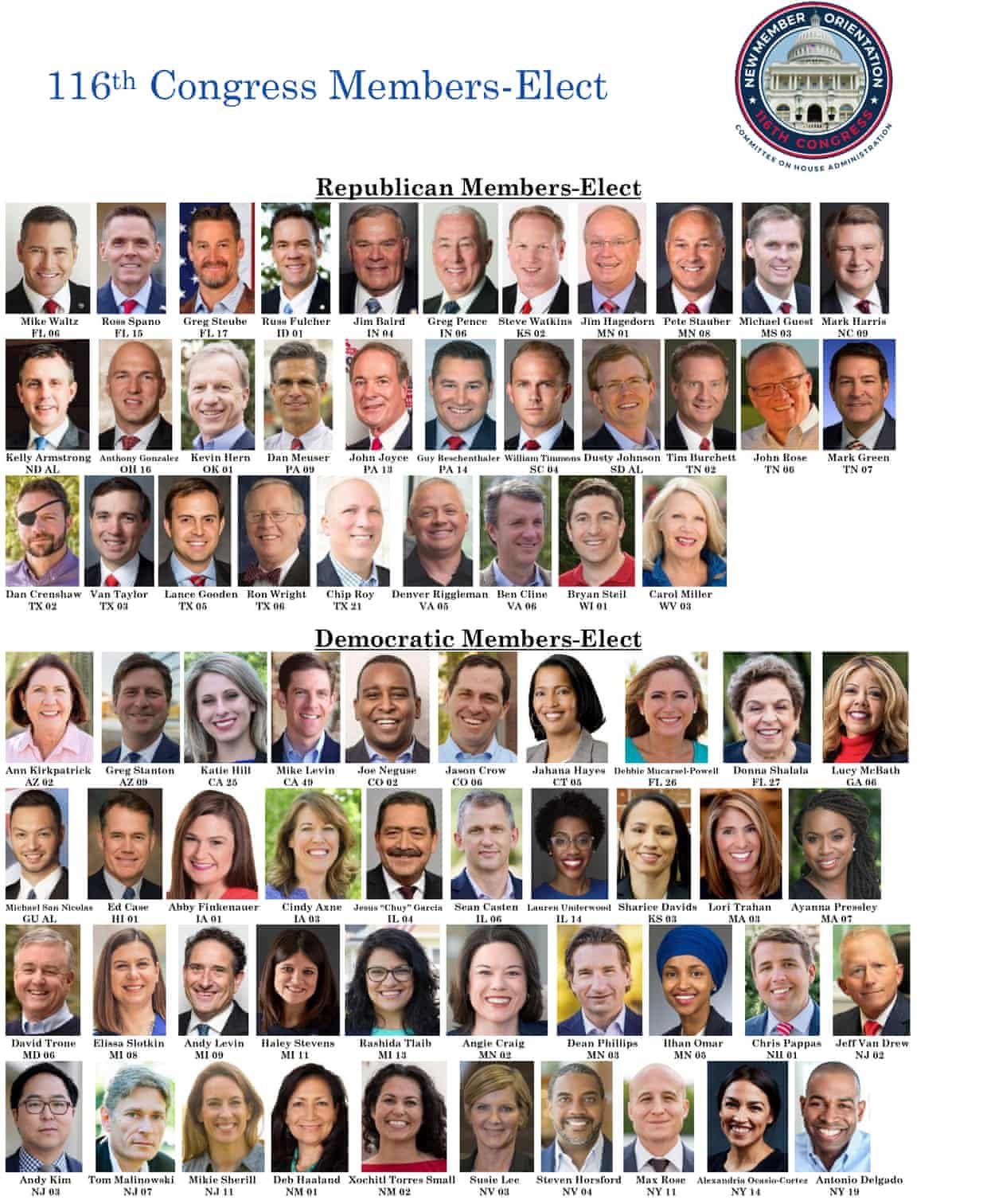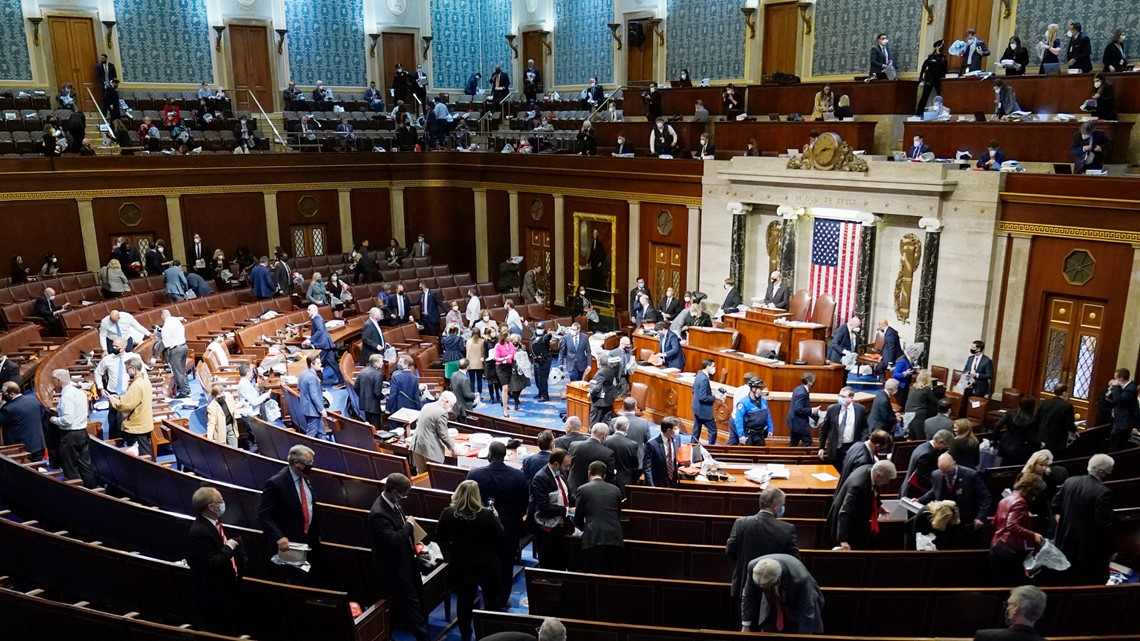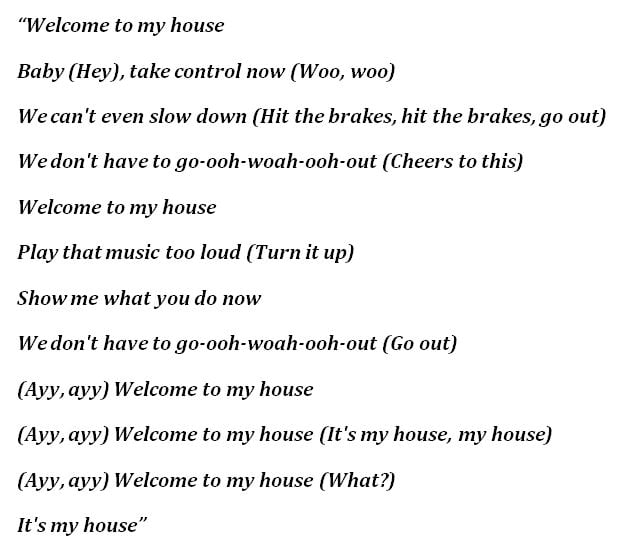Table Of Content

Especially if a convention is closely divided, a losing candidate may contend further by meeting the conditions for a primary election. The courts generally do not consider ballot access rules for independent and third party candidates to be additional qualifications for holding office and no federal statutes regulate ballot access. As a result, the process to gain ballot access varies greatly from state to state, and in the case of a third party in the United States may be affected by results of previous years' elections. The Constitution vests certain exclusive powers in the House of Representatives, including the right to initiate impeachment proceedings and to originate revenue bills.
House of Representatives
Click on the map below to see congressional delegations by state. The Constitution also states that there can be no more than one representative in the House for every 30,000 citizens. So, instead, Congress passed the Permanent Apportionment Act of 1929 and sealed the number of House members at the level established after the 1910 census, 435. In addition, I am also available to help you if you are experiencing difficulties dealing with a federal agency.
Current Members of the House in the 117th Congress
House of Representatives has pitted state against state in a fight for political power after each census. The approval of the Senate and the House of Representatives is required for a bill to become law. Both Houses must pass the same version of the bill; if there are differences, they may be resolved by a conference committee, which includes members of both bodies. For the stages through which bills pass in the Senate, see Act of Congress.
List of current members of the United States House of Representatives
Committees have extensive powers with regard to bills; they may block legislation from reaching the floor of the House. Standing committees also oversee the departments and agencies of the executive branch. In discharging their duties, standing committees have the power to hold hearings and to subpoena witnesses and evidence. Speakers serve as chairs of their party's steering committee, which is responsible for assigning party members to other House committees. The speaker chooses the chairs of standing committees, appoints most of the members of the Rules Committee, appoints all members of conference committees, and determines which committees consider bills.
Each state's share of Electoral College votes is determined by adding its number of House seats to its two Senate seats. The House is also served by several officials who are not members. The House's chief such officer is the clerk, who maintains public records, prepares documents, and oversees junior officials, including pages until the discontinuation of House pages in 2011. The clerk also presides over the House at the beginning of each new Congress pending the election of a speaker. Another officer is the chief administrative officer, responsible for the day-to-day administrative support to the House of Representatives.
Voting members by state
As there is no legislation at the federal level mandating one particular system for elections to the House, systems are set at the state level. As of 2022, first-past-the-post or plurality voting is adopted in 46 states, ranked-choice or instant-runoff voting in two states (Alaska and Maine), and two-round system in two states (Georgia and Mississippi). Elected representatives serve a two-year term, with no term limit. A further dominating element of House organization is the committee system, under which the membership is divided into specialized groups for purposes such as holding hearings, preparing bills for the consideration of the entire House, and regulating House procedure.
Elections
House of Representatives by state is provided in the table. The table provides a list of current U.S. representatives. Use GovTrack to find out who represents you in Congress, what bills they have sponsored, and how they voted.
Leadership and partisan balance

Conflict over slavery and other issues persisted until the Civil War (1861–1865), which began soon after several southern states attempted to secede from the Union. The war culminated in the South's defeat and in the abolition of slavery. All southern senators except Andrew Johnson resigned their seats at the beginning of the war, and therefore the Senate did not hold the balance of power between North and South during the war. House were held on November 3, 2020, and coincide with the 2020 presidential election. Nineteen members of the House Progressive Caucus who voted against further aid to Israel said Saturday that “we make ourselves complicit in this tragedy” if Congress continues to supply military assistance amid the humanitarian crisis in Gaza.
Donald Payne will win the primary posthumously. Here’s how Democrats will pick his replacement - New Jersey Globe New Jersey Politics
Donald Payne will win the primary posthumously. Here’s how Democrats will pick his replacement.
Posted: Wed, 24 Apr 2024 16:30:10 GMT [source]
The United States Congress is the bicameral legislature of the United States of America's federal government. It consists of two houses, the Senate and the House of Representatives, with members chosen through direct election. Advocates for increasing the number of seats in the House say such a move would increase the quality of representation by reducing the number of constituents each lawmaker represents. Senate, which consists of two members from each state, the geographic makeup of the House is determined by the population of each state.
Under Article I, Section 2 of the Constitution, seats in the House of Representatives are apportioned among the states by population, as determined by the census conducted every ten years. Each state is entitled to at least one representative, however small its population. During the first half of the 19th century, the House was frequently in conflict with the Senate over regionally divisive issues, including slavery. The North was much more populous than the South, and therefore dominated the House of Representatives. However, the North held no such advantage in the Senate, where the equal representation of states prevailed.
Moreover, the presiding officer may rule on a "point of order" (a member's objection that a rule has been breached); the decision is subject to appeal to the whole House. States entitled to more than one representative are divided into single-member districts. This has been a federal statutory requirement since 1967 pursuant to the act titled An Act For the relief of Doctor Ricardo Vallejo Samala and to provide for congressional redistricting.[18] Before that law, general ticket representation was used by some states. To regain control of the House, Democrats needed a pick-up of 15 seats. According to original analysis by Ballotpedia, only 26 congressional districts were predicted to be competitive in 2014.
In the instance when the presidency and both Houses of Congress are controlled by one party, the speaker normally takes a low profile and defers to the president. For that situation the House minority leader can play the role of a de facto "leader of the opposition", often more so than the Senate minority leader, due to the more partisan nature of the House and the greater role of leadership. After the conference chair, there are differences between each party's subsequent leadership ranks. After the Democratic caucus chair is the campaign committee chair (Democratic Congressional Campaign Committee), then the co-chairs of the Steering Committee. For the Republicans it is the chair of the House Republican Policy Committee, followed by the campaign committee chairman (styled as the National Republican Congressional Committee). Representatives are usually identified in the media and other sources by party and state, and sometimes by congressional district, or a major city or community within their district.
Republicans held 246 seats compared to Democrats' 186 seats, while three seats were vacant. The Republican Party's majority was slightly reduced in 2016, as Democrats picked up six seats. Special elections will be held during the 118th Congress to replace members of Congress who leave office for any reason. “If we had the vote today in our conference, he would not be speaker today.
Under this system, legislation can be debated for one or two weeks on the Senate floor alone. Proposition 11, a California ballot proposition known as the Voters FIRST Act, was approved by the voters on November 4, 2008. It removed from the California Legislature the responsibility for drawing the state's congressional districts, and gave the responsibility instead to a 14-member Citizens Commission.[13] The U.S. Supreme Court upheld the constitutionality of removing the responsibility from the legislature. The United States is also divided into 435 congressional districts with a population of about 760,000 each. Most committee work is performed by twenty standing committees, each of which has jurisdiction over a specific set of issues, such as Agriculture or Foreign Affairs. Each standing committee considers, amends, and reports bills that fall under its jurisdiction.
GOP Reps. Marjorie Taylor Greene and Thomas Massie railed on House Speaker Mike Johnson and his handling of the foreign aid bills, despite deciding not to move to oust the speaker Saturday. The House on Saturday passed a key package that provides aid to Ukraine, Israel and the Indo-Pacific region, while also addressing GOP legislative priorities, such as sanctions on Iran and a potential ban on TikTok. Senators could try to strip out the TikTok legislation, but policy analysts view it as unlikely, as quickly approving the foreign aid is a top congressional priority. Read more about the House's passage of the foreign aid package below. The House of Representatives originally comprised 59 members. The number rose following the ratification of the Constitution by North Carolina and Rhode Island in 1790; the first Congress (1789–91) adjourned with 65 representatives.











